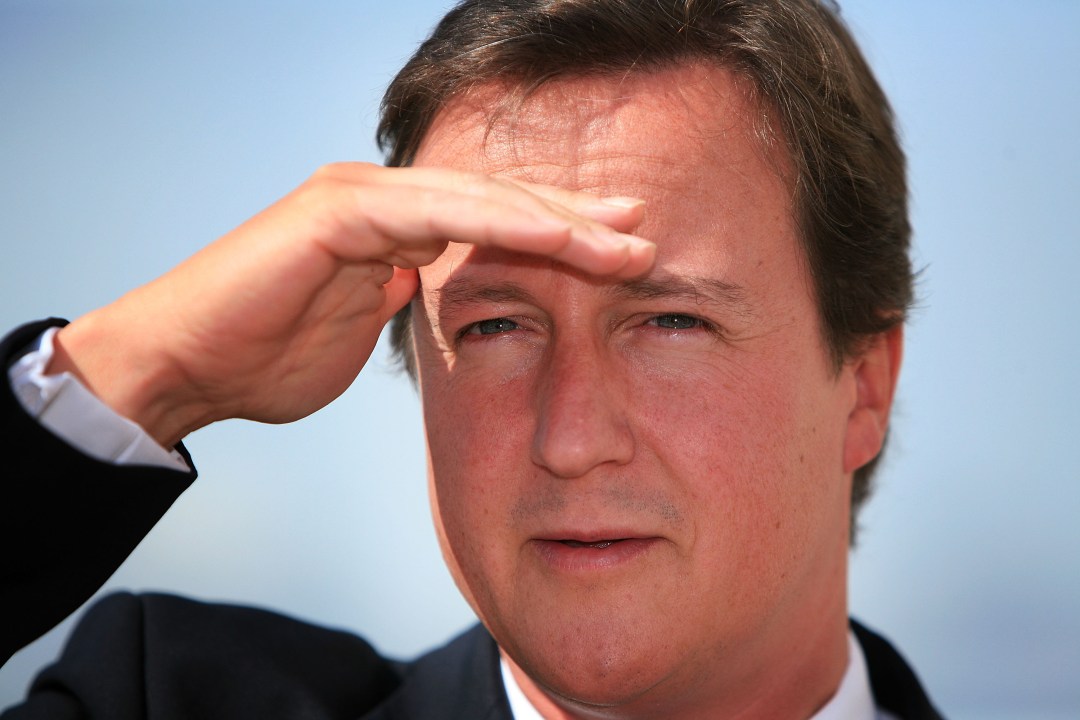 David Cameron’s recent visit to Afghanistan and Pakistan received relatively little press attention; showing just how exceptional the amount of coverage that Cameron’s statements on Georgia and trip there garnered were. In his address in Pakistan, Cameron once more set out his ‘liberal conservative’ agenda.
David Cameron’s recent visit to Afghanistan and Pakistan received relatively little press attention; showing just how exceptional the amount of coverage that Cameron’s statements on Georgia and trip there garnered were. In his address in Pakistan, Cameron once more set out his ‘liberal conservative’ agenda.
Here’s the key passage of the speech:
In other words, states are not built; they develop over time. The role of outsiders is important, but not all-important.“A liberal Conservative approach…recognises that democracy must be built around the institutions, habits and culture of each country. Democracy should be the work of patient craftsmanship and not of a uniform mass production line, if the final product is to be of a quality that endures.”
This thought is broadly in line with the foreign policy establishment’s post-Iraq thinking. But it is not without problems. Does it mean, in practice, that Britain should export stability and not democracy –a position that sounds a little too Old Tory for comfort? And for how long do we accept that democracy is being developed? Many a dictator will be keen to promise a Prime Minister Cameron that democracy is just around the corner. “If we can only wait until the next elections”, they will plead. “Oh and keep the aid coming, please.”
It is becoming clear that “realism” will be a Tory foreign policy watchword – realism in what Britain can achieve and realism in what Britain can contribute. This coupled with a strong faith in the patient promotion of democracy and human rights will be seen by many as a welcome departure from – to paraphrase John McCain – the ideas-first-money-second-crowd that has run policy for a decade.







Comments